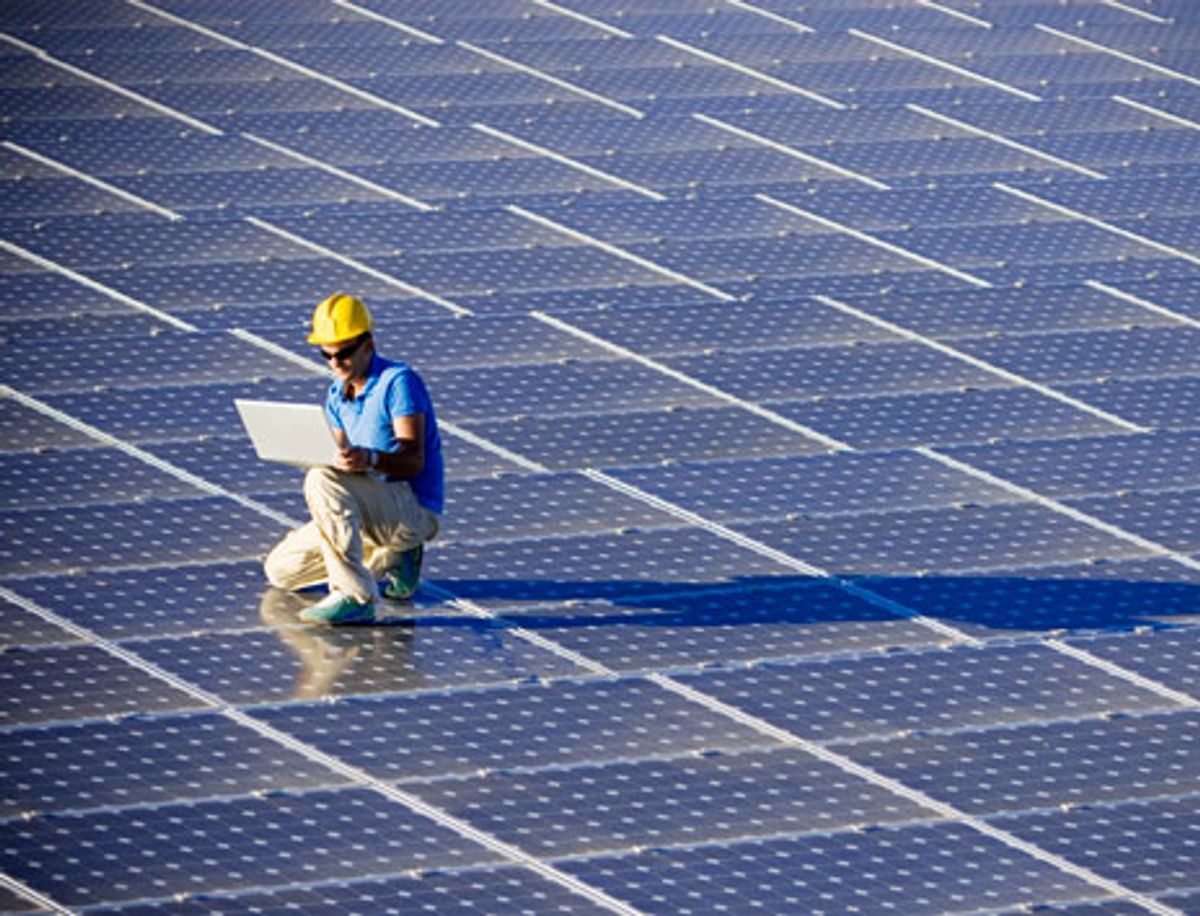The current issue of Slate, the pioneering e-magazine launched years ago by Microsoft and now owned by The Washington Post, has an article about "how Germany wasted $130 billion on inefficient solar power subsidies." What makes the article notable is that its author is Bjorn Lomborg, the self-proclaimed "skeptical environmentalist" who has sometimes been remarkably credulous about solar prospects. In his highly controversial book (The Skeptical Environmentalist), Lomborg seemed to think that concerted global action to abate greenhouse gas emissions was unnecessary and ill-advised, partly because photovoltaics would pretty much automatically solve the climate problem (to the extent there is one).
In the article, which seems to be well-argued and well-supported, Lomborg reports that German firms installed 7.5 gigawatts of solar energy last year in response to the federal government's generous subsidies. This capacity growth was twice the level the government considered desirable and so much that the average German's annual electricity bill will rise by $260. Lomborg cites a report in Der Spiegel, Germany's leading news magazine, indicating that government leaders now see the solar subsidy program as a "money pit."
Germany, as Lomborg observes, is not one of the world's sunnier countries; it was in large part because of this rudimentary fact that Spectrum, some years ago, declared a central solar generating station in Bavaria "a foggy notion." That 10-megawatt facility was a particularly egregious case, but the general picture is not positive either, if Lomborg has his facts right. Despite a cumulative $130 billion in government subsidies, says Lomborg, solar energy accounts for only 0.3 percent of Germany's installed capacity and will cut greenhouse gas emissions only 1 percent over the next 20 years. Meanwhile, among advanced industrial countries, Germany has the second-highest electricity prices.



